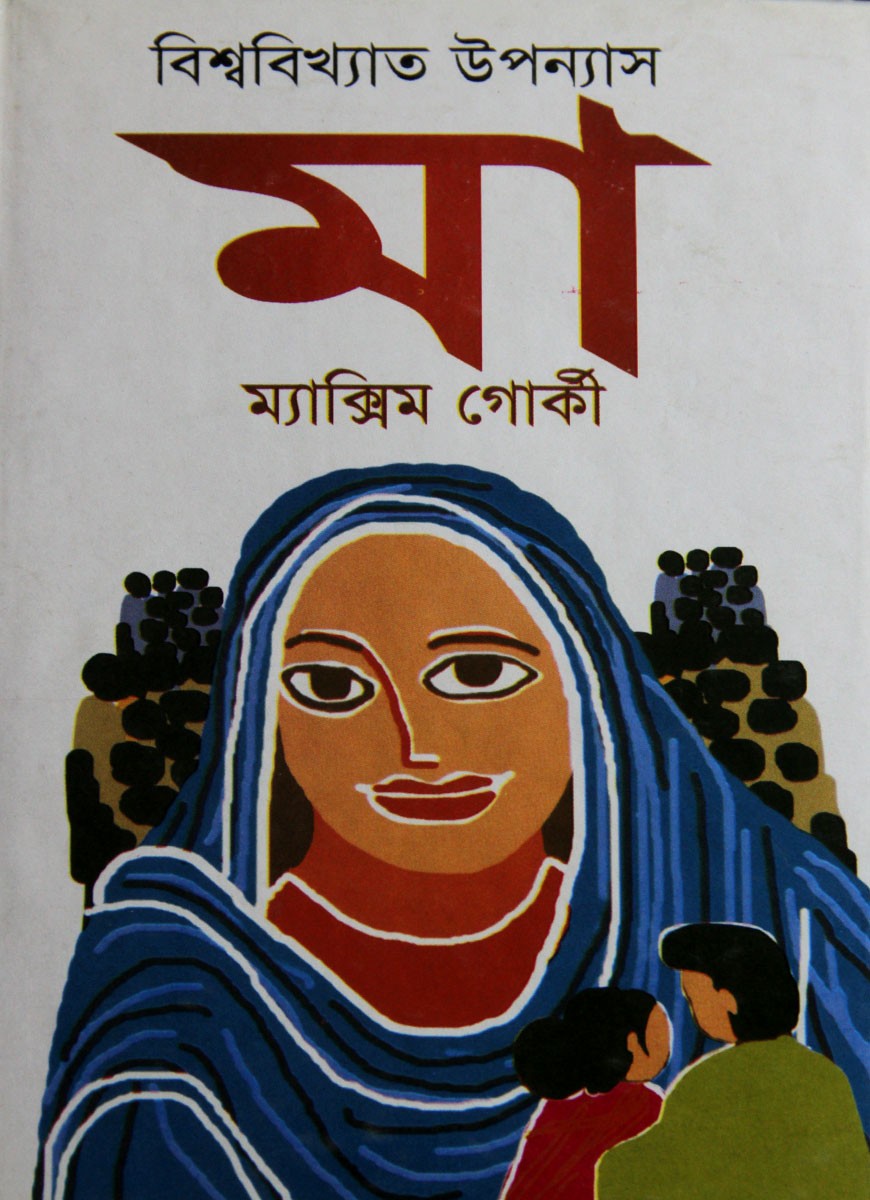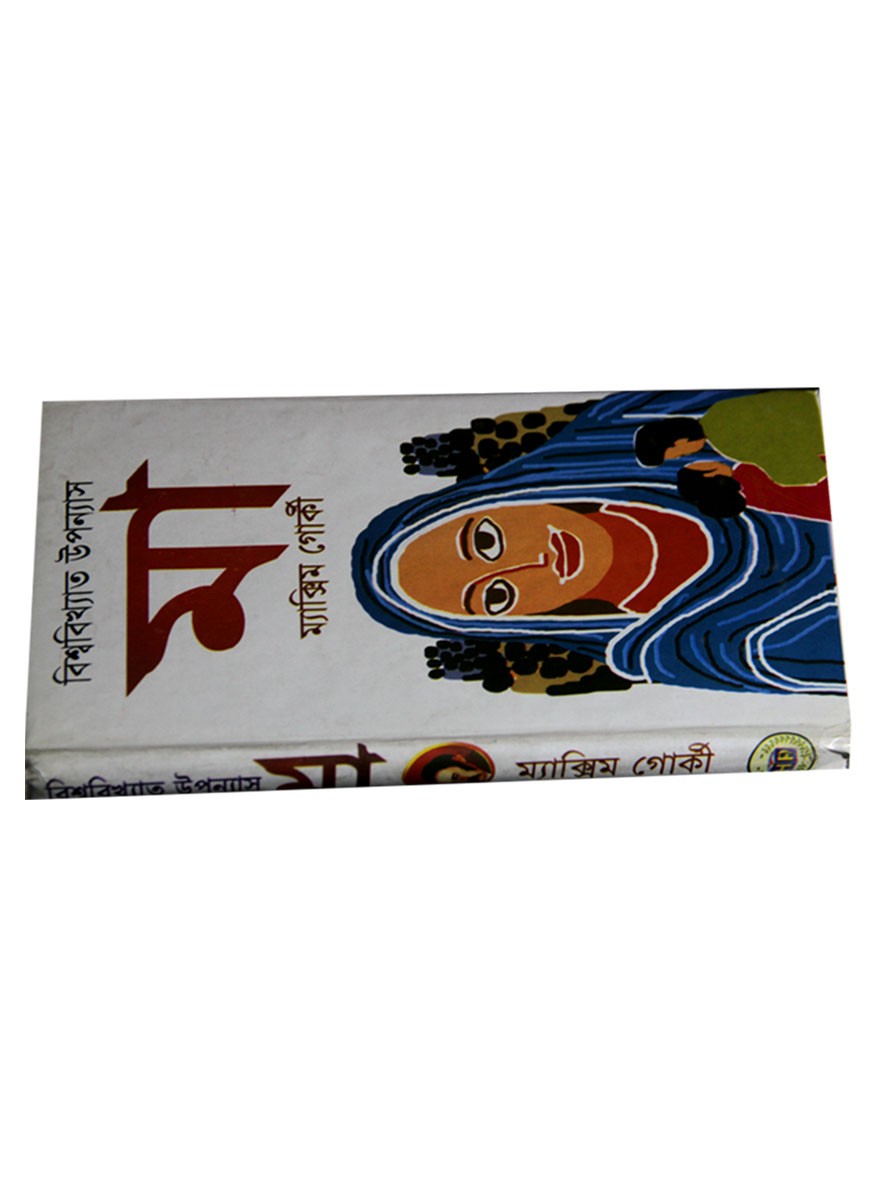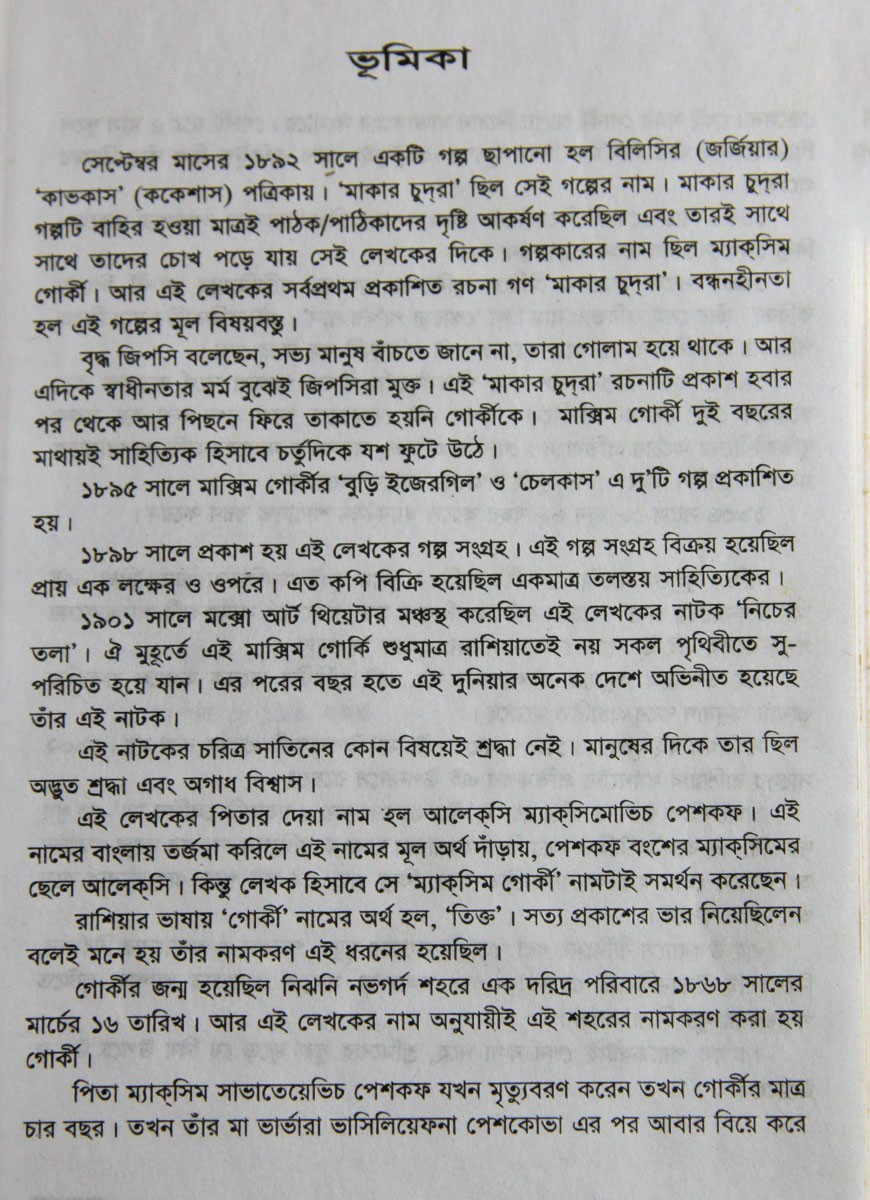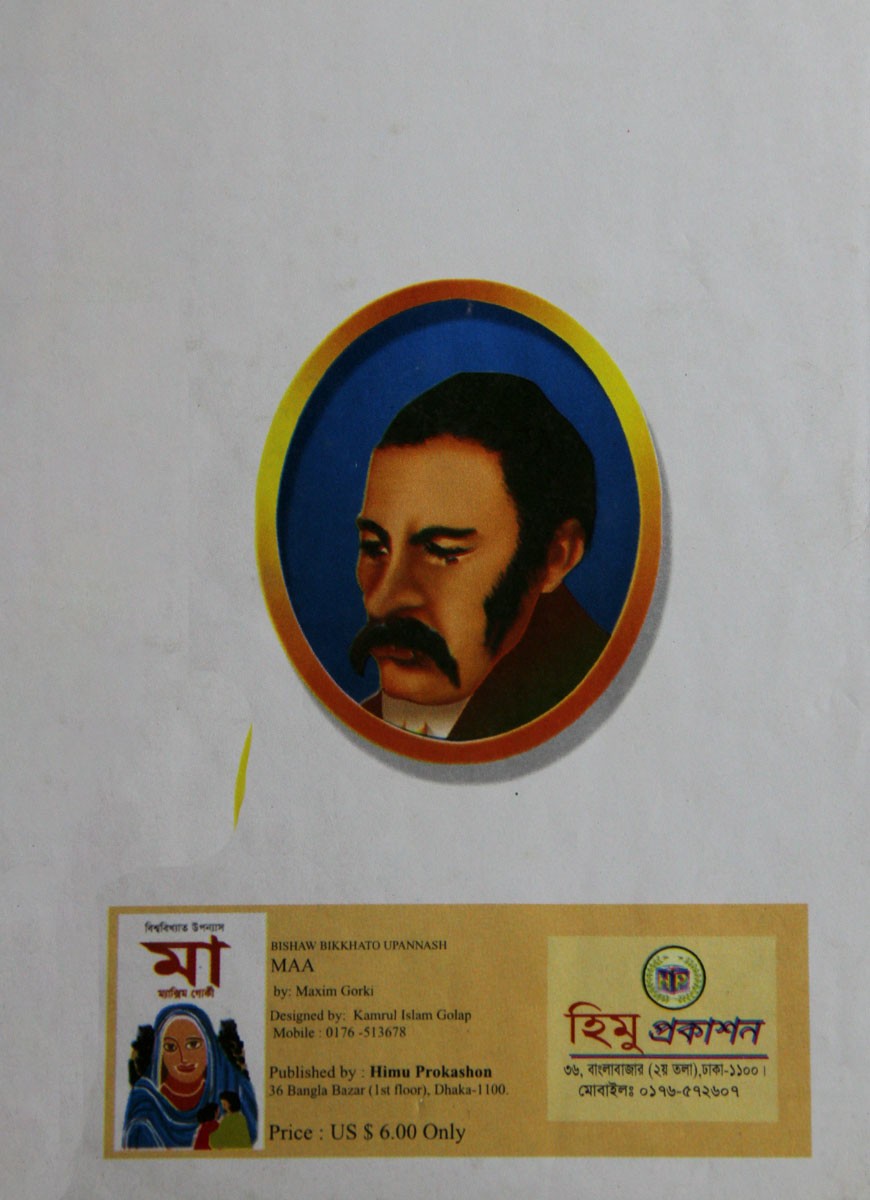




Note : All deposit is refundable
মা হচ্ছেন একজন পূর্ণাঙ্গ নারী, যিনি গর্ভধারণ, সন্তানের জন্ম তথা সন্তানকে বড় করে তোলেন - তিনিই অভিভাবকের ভূমিকা পালনে সক্ষম ও মা হিসেবে সর্বত্র পরিচিত। প্রকৃতিগতভাবে একজন নারী বা মহিলাই সন্তানকে জন্ম দেয়ার অধিকারীনি। গর্ভধারণের ন্যায় জটিল এবং মায়ের সামাজিক, সাংস্কৃতিক এবং ধর্মীয় অবস্থানে থেকে এ সংজ্ঞাটি বিশ্বজনীন গৃহীত হয়েছে। তার বিপরীত লিঙ্গ পুরুষ হচ্ছেন বাবা।
Alexei Maximovich Peshkov (Russian: Алексе́й Макси́мович Пешко́в or Пе́шков;[1] 28 March [O.S. 16 March] 1868 – 18 June 1936), primarily known as Maxim (Maksim) Gorky (Russian: Макси́м Го́рький), was a Russian and Soviet writer, a founder of the socialist realism literary method and a political activist.[2] He was also a five-time nominee for the Nobel Prize in Literature.[3] Around fifteen years before success as a writer, he frequently changed jobs and roamed across the Russian Empire; these experiences would later influence his writing. Gorky's most famous works were The Lower Depths (1902), Twenty-six Men and a Girl, The Song of the Stormy Petrel, My Childhood, Mother, Summerfolk and Children of the Sun. He had an association with fellow Russian writers Leo Tolstoy and Anton Chekhov; Gorky would later mention them in his memoirs.
